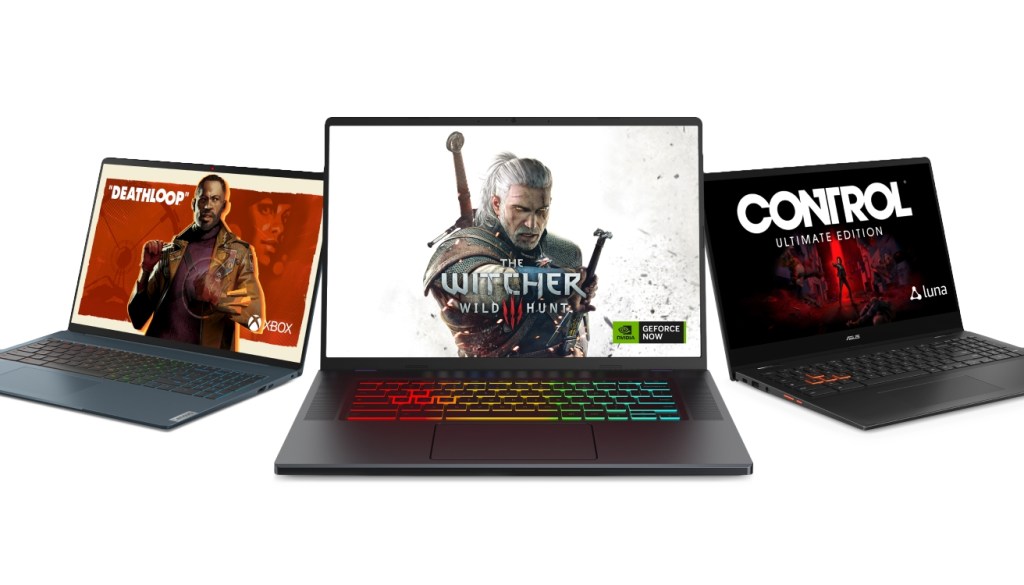In a surprising turn of events, Google has reportedly decided to put a halt to its anticipated plans of introducing Chromebooks featuring integrated Nvidia graphics cards. This decision comes as a disappointment for Chromebook users and gaming enthusiasts who were looking forward to enhanced graphics capabilities.

Previously, Google had incorporated gaming laptop-like features, including customizable RGB keyboards and high refresh rate displays, into certain Chromebook models last year. However, these devices solely relied on integrated GPUs, catering primarily to streaming services like Nvidia’s GeForce Now and Microsoft’s Xbox Cloud Gaming.
Earlier this year, tech enthusiasts were intrigued when a Chromebook board codenamed “Hades” emerged, showcasing a dedicated GeForce RTX 4050 GPU. This move signaled Google’s potential interest in stepping into the realm of dedicated graphics processing, similar to what some Windows gaming laptops offer. This development also indicated the possibility of other PC manufacturers building Chromebooks around this concept.
Yet, recent developer comments discovered on Chromium Gerrit by About Chromebooks have unveiled an unexpected twist. Google has decided to cancel the Hades board, along with two other Nvidia-equipped boards known as “Agah” and “Herobrine.” This revelation effectively points to the discontinuation of any plans to produce laptops based on these boards.
While the cancellation of these projects is a setback, speculation abounds that Google might not have given up on the idea of Chromebooks with dedicated GPUs altogether. A recent code patch has shed light on a board codenamed “Aurora,” which seems to be associated with internal Steam testing. Although not confirmed as an actual device, the Aurora board bears an intriguing detail—an RTX 3050 graphics card. This suggests that efforts to make Steam on ChromeOS compatible with dedicated GPUs might still be in progress.
Interestingly, Google’s changes in direction aren’t limited to the Nvidia realm alone. Alongside scrapping Nvidia-based Chromebook plans, the company has also reportedly pulled the plug on the development of Chromebooks powered by the Qualcomm Snapdragon 7c+ Gen 3 SoC. This project codenamed “Herobrine,” had raised expectations for new ChromeOS tablets. However, with both Nvidia and Qualcomm projects canceled, the outlook for fresh Chromebook releases remains uncertain for the time being.
In conclusion, while Google’s decision to abandon plans for Nvidia-equipped Chromebooks is disappointing, the tech giant’s shifting strategies could hint at more ambitious developments in the future. As the technology landscape evolves, Chromebook users and gaming enthusiasts can only remain curious about Google’s next moves in the realm of hardware innovation.




